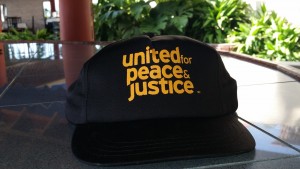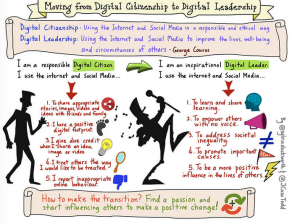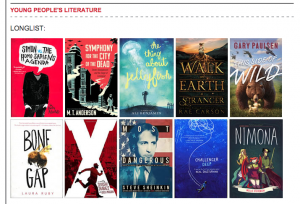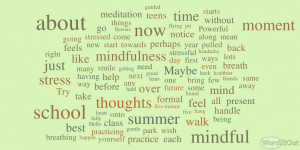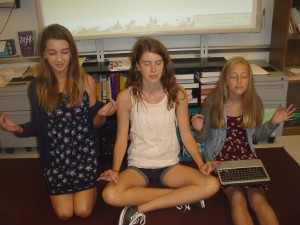This Blog Action Day I don’t want to sound like a foot-stamping kindergartner who wants it HER way, but I am moved to write after reading an article from the thought-provoking blog Mindshift. At the risk of oversimplifying, the article questions the censorship imposed upon teachers and their students when safety mechanisms such as filters—firewalls—become the rule of law at school. It argues that such well-intentioned policies run counter to the First Amendment.
Don’t misunderstand me, I acknowledge that schools are justifiably concerned with the safety of their students and maintaining the integrity of an institution that encourages learning and growth in both academic and ethical areas. This tension between safety and individual freedom will endure and hopefully foster the discussions that Blog Action Day invites. I also understand that the discussion of when and for whom cannot be ignored in a school context.
Today I was pushed to write about this topic, not only because I had shared an abridged version of the aforementioned article with your children in anticipation of this blog event, but because, in planning for the lesson at home, I embedded the World’s Greatest Lesson video from Vimeo and planned to show it to your children as a way to generate some possibilities for them to “Raise [Their] Voices.” The problem surfaced when I was unable to show the video as planned because Vimeo was blocked. “There’s bad stuff on that site, Trish,” I was told. I’m sure there is; I’m also sure that this particular video I wish to use for educational purposes is not. I applaud our principal for removing the filter for the day, but I have other videos planned, and many of them are housed at Vimeo.
To this point, the article advances the critical perspective that students need to be trained as digital citizens, as dicerners of content, and we, as their teachers have a responsibility to develop that skill. Banning content, hyper-regulating it, does little to foster insight and might even encourage duplicity as students work to circumvent barriers. As one of my students, an eighth grader, wrote in his notebook after an activity dealing with online ethics, “…if kids were given more freedom, it would open up new opportunities to learn more.” I understand the desire of a school administration to protect the students, but I firmly side with the opinion that “Students need to be part of the discussion of classroom norms and can help set the consequences for breaking them. But prohibiting the students from accessing the tools…restricts their intellectual rights.”
More importantly, however, the article speaks to a deeply fundamental issue. Our students, fortunate to have internet at home and in other easily accessible spaces, will not require school as their conduit to participation in public life. This is disturbing after further consideration because, once again, it underscores the widening divide between voices we get to hear, those who get to speak, and those who remain silent and marginalized because of inherent inequity. In the World’s Greatest Lesson one of the 17 Sustainable Goals is to remediate the great disparity that exists across multiple categories. Number four declares: Provide equitable and inclusive education and life-long learning opportunities for all. If some students remain outside the halls of access, then all students are less informed because of it.
One of the most influential professors in my Masters program at Rutgers once said something that resonates. When discussing our attempts to achieve equity, he explained that it is so often framed “on its head.” He would argue that those who most benefit from inclusiveness, from an effort to “make situations equal,” are not those who are recipients of such efforts, but rather those who extend the opportunity, for as a result, they experience increased engagement with a wider swath of humanity. These interactions enrich their human experience and understanding and nurture the capacity for empathy. Facilitating a greater human conversation, while realizing that we may hear what we don’t especially want to hear, will cause growth. This is education.
